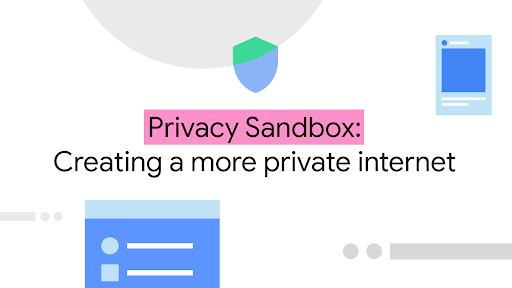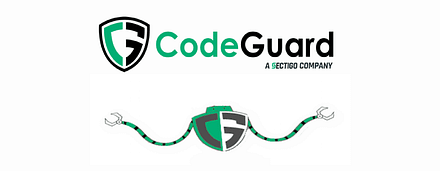-
Introduction:
The Privacy Sandbox Initiative, spearheaded by Google, is an ambitious project aimed at enhancing user privacy while maintaining the viability of the online advertising ecosystem. As part of this initiative, Google has announced its plan to phase out third-party cookies, which are widely used for targeted advertising, starting in 2024. This report provides a detailed overview of the Privacy Sandbox Initiative and its implications for users, advertisers, and the digital advertising industry as a whole.
-
Background:
- The Role of Cookies:
Cookies are small text files that websites store on a user’s browser to track their activities and preferences. Third-party cookies, in particular, are placed by domains other than the website being visited, enabling advertisers to collect data and deliver personalized ads across multiple sites. - Privacy Concerns:
While third-party cookies have been instrumental in targeted advertising, they have also raised significant privacy concerns. Users’ online behavior is often tracked without their explicit consent, leading to a lack of transparency and control over their personal data. The increasing prevalence of ad-blocking tools and privacy regulations, such as the General Data Protection Regulation (GDPR), have further highlighted the need for more privacy-focused solutions.
- The Role of Cookies:
-
The Privacy Sandbox Initiative:
- Objectives:
The Privacy Sandbox Initiative aims to strike a balance between user privacy and the needs of advertisers by developing alternative solutions to third-party cookies. The core objectives of the initiative are:
a. Preserving privacy: Ensuring that user data remains secure and private while maintaining the ability to deliver relevant advertising.
b. Minimizing tracking mechanisms: Reducing the reliance on third-party cookies for ad targeting and tracking.
c. Enhancing user experience: Exploring privacy-focused methods that improve user experience and minimize the disruption caused by ad-blockers. - Proposed Alternatives:
Google has proposed several privacy-enhancing alternatives to third-party cookies. These include:
a. Federated Learning of Cohorts (FLoC): Instead of tracking individual users, FLoC groups users into larger cohorts with similar browsing behavior. Advertisers can target these cohorts without revealing detailed personal information.
b. TURTLEDOVE: This technology allows interest-based ad targeting without sharing user data with advertisers. It uses a combination of on-device processing and anonymization techniques.
c. FLEDGE: FLEDGE is an API designed to facilitate interest-based ad auctions while maintaining user privacy. It aims to enable ad delivery without relying on third-party cookies or cross-site tracking.
- Objectives:
-
Implications and Challenges:
- User Privacy:
By phasing out third-party cookies, the Privacy Sandbox Initiative intends to enhance user privacy. Users will have more control over their data and experience reduced cross-site tracking. However, concerns remain regarding the potential for alternative tracking methods and the long-term effectiveness of the proposed privacy solutions. - Advertiser Impact:
Advertisers heavily rely on third-party cookies for targeted advertising. The phase-out will require them to adapt their strategies and embrace the new privacy-focused alternatives. Some advertisers may face initial challenges in adjusting to these changes, but it also presents an opportunity to adopt more privacy-conscious practices and foster user trust. - Industry Transformation:
The digital advertising industry is likely to witness significant transformation as a result of Google’s phase-out of third-party cookies. Ad tech companies and publishers will need to adapt their technologies and business models to align with the evolving privacy landscape. Collaboration and innovation will be crucial in creating new solutions that prioritize privacy while enabling effective ad targeting.
- User Privacy:
-
Conclusion:
The Privacy Sandbox Initiative, with Google’s commitment to phasing out third-party cookies starting in 2024, represents a significant step towards enhancing user privacy in the digital advertising ecosystem. While the proposed alternatives aim to strike a balance between privacy and personalized advertising, challenges remain in implementing and fine-tuning these solutions. The industry as a whole will need to adapt and innovate to ensure a privacy-focused, yet sustainable, future for online advertising.
Privacy Sandbox Initiative: Google’s Plan to Eliminate Third-Party Cookies from 2024

Share this post:



